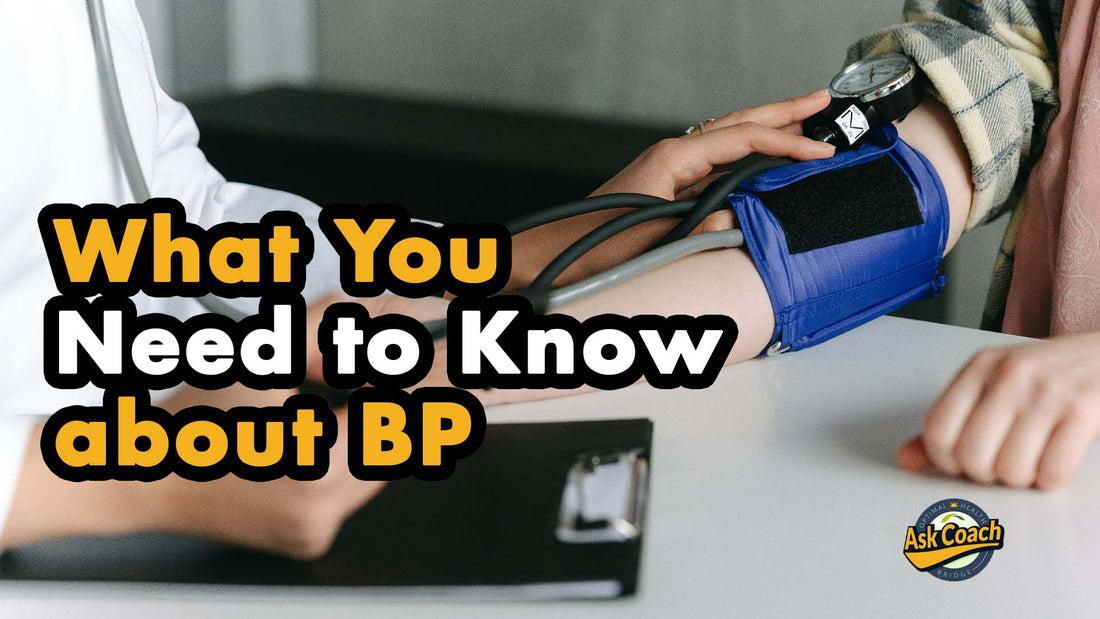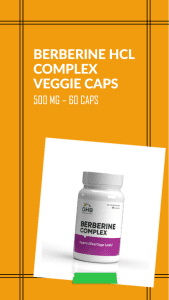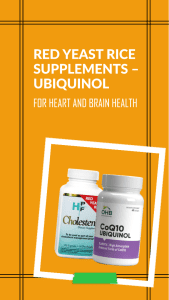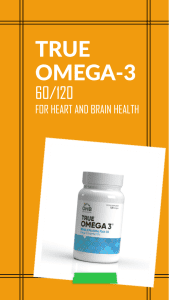
Share
What You Need to Know about BP
I can almost guarantee one thing. You are stressed about something. Right now, this minute. It’s not a bad thing, it just is. Stress is the magic elixir that gets us out of bed in the morning and why we keep working hard trying to get ahead. Whatever your reasons are, you need energy to motivate you to move forward. We rush around.
We eat too fast. We don’t take enough time with our kids. Life is stressful, that is full of stress. Stress actually makes us solve problems and helps us to grow. Once the problem facing us is solved, we can rest and relax at least for a little bit until the next problem arises, and you know it will. It’s called the rhythm of life. Life is not about flat lining. We oscillate. All energy moves in waves. It’s up and down.
Now I titled this article, “What You Need to Know about BP ” and I haven’t said anything about Blood Pressure. You probably guessed that one of the main causes of high BP is stress. Chronic stress. If you are in a stressful situation, you will have higher than normal BP.
In 2017 I was rear ended by a car at high speed. In a rainstorm, I had miraculously come to a stop without hitting the car in front of me, but the guy behind me may have been getting a text message or something and he plowed into me.
I had instinctively looked up at my rearview mirror and knew it was about to happen. We managed to get off the highway and waited for the police and paramedics. My BP was taken and it was very high, I felt nauseous and I had sustained a concussion. It took awhile for the BP to come down. I had to mentally convince myself that I was alright.
More recently, I injured my back. Somehow displaced something and I was in excruciating pain, locked in and couldn’t get out of it. I broke out into a cold sweat, my vision started fading and I thought I was going to black out. It took all my strength to move to change positions and to get repositioned to release the pain.
The cold sweat is a sure sign my BP shot through the roof. We called this the fight or flight response. It’s a tool we have to solve problems. The energy in the body shoots to the limbs. All other bodily functions shut down. If the pain becomes so overwhelming, we can go unconscious. Heart rate and respiration rise and incredible feats of strength can manifest such as a mother lifting a car to free her child in an accident. We are capable of incredible things.
However, the fight or flight response should subside quickly. We should go back to the rest and digest, relaxation response as soon as we are able to avert the danger and know that we will survive the threat.
Here’s a story that describes it well. A Jack rabbit is in the field eating grass. A coyote spies the rabbit and charges full steam. The rabbit takes off and maneuvers through the meadow then the woods onto the next meadow until the coyote gets winded.
The chase continues until the coyote lays down to rest and catch its breath. The rabbit returns to feasting in the meadow not more than ten feet from the coyote.The rabbit knows he’s won and immediately returns to rest and digest.
Once the coyote stands again, he turns and wanders off looking for a meal he can catch. Once we avert the danger of the crisis of the moment, we should just as easily let go of worries and go have lunch.
In medical terminology this is all controlled by the nervous system. We have two modes: Sympathetic and Parasympathetic. If we stay in sympathetic mode too long, it can become chronic, where we are reliving out fears mentally and the nervous system keeps shooting us up with cortisol and adrenaline. It’s possible to even sleep in a stressful state. We relive the chase and play the images over and over again and tell the story of the danger to anyone who will listen.
Coping mechanisms for stress are thankfully fairly simple.
Recognizing and being aware of stress in a healthy way is an important part of life; however, it shouldn’t be difficult to find effective coping mechanisms. Some key techniques that can be useful for reducing stress include:
1) Taking a break when feeling overwhelmed and allowing the mind and body to relax.
2) Developing assertive communication skills to express yourself effectively and reduce negative encounters with others. This includes counting to ten before answering any kind of negative comment.
3) Taking part in physical activity and outdoor activities such as running or yoga to promote relaxation. From a walk in the woods to attending a yoga class in a local gym, these are easy ways to lower the societal pressures we face at work and at home..
4) Recognizing emotions like anger early on and managing them before they become more intense.
5) Seeking support from family and friends. We teach in our coaching programs that relationships are part of our nutrition. We cannot maintain good health without good relationships.
6) Getting adequate sleep. Our restful state is for recuperation and repair. When the rate of injury is more than the rate of repair, we begin to exhibit risk factors for heart disease such as high blood pressure.
7) Getting adequate nutrition. Using herbal supplements and omega-3 fish oil that promote an antiinflammatory response. Consider Turmeric and other adaptogens to reduce adrenal fatigue. Eat mostly plant-based foods and follow the guidelines of the Mediterranean diet.
8) Finding ways to stay positive such as practicing mindfulness or gratitude. Breath work and journaling gratitude provides a sense of clarity and ease.
You may have heard the expression, “he walks to his own drummer.” We all have a cadence that is uniquely our own. Our heart beat is a drum beat, we play a percussion instrument every day. That 60 -100 beats a minute add up to over 100,000 beats a day. Multiply that out by years and decades and we find that we are in the billions.
Beat on anything a billion times and there is going to be wear and tear. Our arteries, especially the coronary arteries take the most damage and if the arteries stiffen due to poor nutrition or oxidative stress, we need to address that. As long as the arteries stay supple and elastic, we don’t have to worry about HBP.
I encourage you to think about staying calm in every situation. Don’t let mental stress draw you into a pattern of behavior that you’d rather avoid!
You can try to think of other ways of coping with stress.
Let’s Review:
In order to reduce stress and cultivate resilience in difficult situations, it is important to understand the various coping mechanisms available. Cognitive restructuring, exercise, deep breathing, journaling, mindfulness and meditation are all simple yet powerful methods of managing stress. Cognitive restructuring encourages us to challenge unhelpful thinking and be mindful of our emotions. Exercise is a great way to release pent up energy and increase endorphins which can improve overall mood.
Deep breathing helps alleviate physical tension in the body and slow down racing thoughts. Journaling can be both a means of expressing our innermost thoughts as well as being an objective observer of them. Mindfulness can help manage stress by grounding us in the present moment rather than getting caught up in worry or fear about the future.
Finally, mediation can be used to practice non-judgemental awareness of our thoughts and how they manifest within us on an emotional level. Practicing these key coping mechanisms can have a positive impact on our overall well being not only in times of crisis but also during less challenging times.
If it seems difficult to cope with stress on your own, reach out for professional help. By incorporating these strategies into daily life on an ongoing basis, we can better manage their feelings of stress.
High Blood Pressure cannot be looked at through just one lens. HBP affects all the systems of the body and it’s not due to the lack of a Blood Pressure medication. We are not “low on medication” that is causing HBP.
If we are able to find the causes of stress, be it money, relationships, responsibilities, poor nutrition or eating habits, then the answers for us will become clear personally. Each of us is personally responsible for the inner workings of our bodies and minds. Let’s fix what we can through awareness and understanding and not leave it solely to others or trust in medications to do what we should be doing. Love life, love yourself and love those around you.







